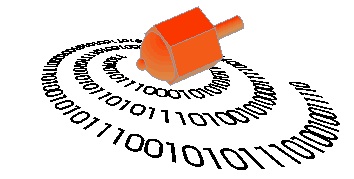The on-line interactive Complexity Option Game allows players to test their intuition and knowledge of complexity and American options.
Its companion paper is “Pricing complexity options”, to appear in the journal Algorithmic Finance, joint with Math graduate Malihe Alikhani, and Shidler graduates Amir Pakravan and Babak Saadat.
The paper introduces a thought experiment: a financial derivative based on the complexity of a sequence of up and down ticks of a stock price.
The difficulty of succeeding in this game may be related to the phenomenon of bounded rationality, to be discussed by Lance Fortnow during the 11th International Conference on Computability, Complexity and Randomness, UH Manoa, January 4-8, 2016.
Event Sponsor
Mathematics, Manoa Campus
More Information
Bjørn Kjos-Hanssen, 9568595, bjoern.kjos-hanssen@hawaii.edu, http://math.hawaii.edu/wordpress/bjoern/software/web/complexity-option-game/
Speaker: Nicolas Monod (Ecole Poly Fed. de Lausanne)
Title: Cutting and pasting: Frankenstein’s method in group theory
Abstract:
We have known for a century that a ball can be decomposed into five pieces and these pieces rearranged so as to produce two balls of the same size as the original.
This apparent paradox has led von Neumann to the notion of amenability which is now much studied in many areas of mathematics.
However, the initial paradox has remained tied down to an elementary property of free groups of rotations for most of the 20th century. I will describe recent progress leading to new paradoxical groups.

